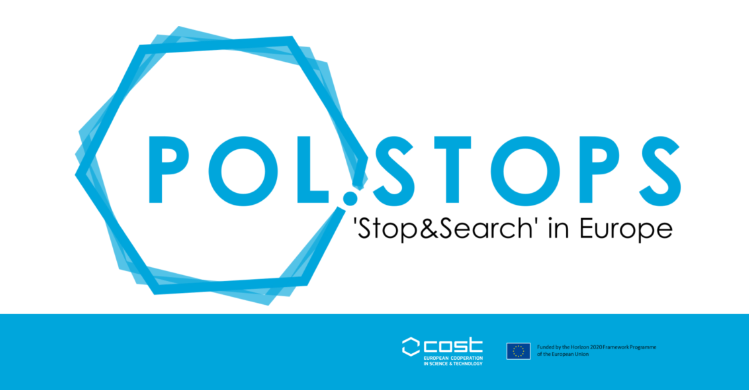Collaborations
Maritime Studies Comprehensive Project: Bridging Atlantic
This project aims to address the evolving challenges and opportunities in the maritime domain while promoting cooperation among Atlantic nations. Leveraging a multidimensional approach encompassing policy frameworks, technological advancements, and diplomatic collaboration, this research is focused on researching sustainable solutions to maritime security threats and enhancing transatlantic partnerships. The project offers an in-depth analysis of the current state of maritime security in the Atlantic region, considering diverse factors such as piracy, illegal fishing, maritime terrorism, and illicit trafficking.
CA23149 - Democratization at stake? Comparing Anti-Gender Politics in CEE and NME countries (Antigender-Politics)
In the era of globalization after the 1990s, the states of Eastern Europe (EE) as well as the close European neighbours in the Near and Middle East (NME) underwent significant social changes and political developments, especially with regard to democratization. Political consensus on norms such as “women’s rights are human rights” and/or on measures against sexual discrimination appeared as a central component and symbol of democratization and democratic societies.
AI and the Judicial Experts: Opportunities and Challenges for the Justice System (AIEx)
AI and the Judicial Experts: Opportunities and Challenges for the Justice System (AIEx) is a strategic program hosted by Jagiellonian University, Poland, and led by Professors Inês Fernandes Godinho (CEAD Francisco Suárez and Lusófona University) and Mateusz Stępień (Jagiellonian University, Kraków). The program focuses on exploring the impact of the AI revolution on judicial experts across Europe, with a particular emphasis on their roles in criminal proceedings.
CA22128 - Establishing Networks to Implement the Principles on Effective Interviewing for Investigations (IMPLEMENDEZ)
Interviews conducted by law enforcement with suspects, victims, and witnesses are vital for justice outcomes. Globally, two main approaches are evident
Police Stops (POLSTOPS
Police Stops (POLSTOPS) is associated with a worldwide practice carried out by the police which allows the authorities to stop a person, prevent them from continuing on their way (Bowling & Philips, 2007; Bowling & Weber, 2011), and if necessary, proceed with a search. Two types of approaches can be distinguished: the reactive approach and the proactive approach. In various European countries, S&S has been a source of considerable debate.







